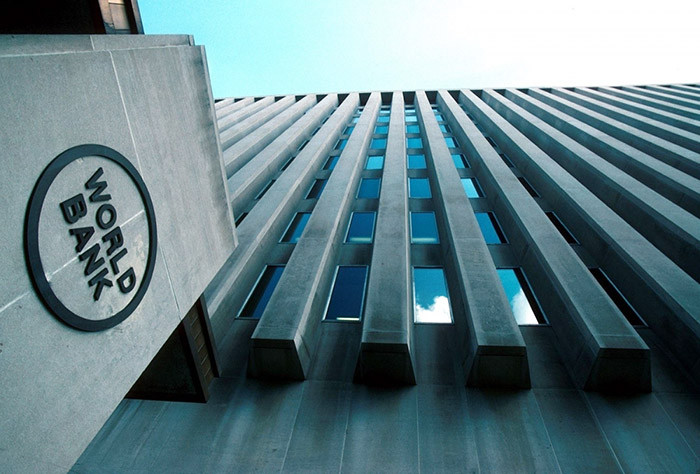The World Bank (WB) released a report saying that over the next 10 years, the global economy could maintain its slowest growth rate in decades due to the consequences of Covid-19, the Ukraine conflict, financial instability, and high inflation.

Illustration photo - KT
World Bank economists estimate that the global economy's potential growth rate could average just 2.2% per year through 2030, down from 2.6% in the most recent decade and far below the 3.5% in the early 2000s.
Economists say inflationary pressures, financial instability and unfavorable demographics will hamper growth. In addition, aging populations will weaken the labor force in advanced economies. In addition, the lingering effects of the Covid-19 pandemic, including a shock to human capital, will weigh on growth.
The conflict in Ukraine has increased instability and investment has fallen further, especially in Europe. Geopolitical tensions since 2010 have led to little growth in global trade. The combination of these factors means “the golden era of growth appears to be coming to an end,” warns Ayhan Kose, a World Bank economist. The result, economists say, could be “a decade of stolen global growth.”
However, the World Bank report notes that potential GDP growth could be boosted to 2.9% if countries focused their policies on increasing labor supply, boosting productivity and encouraging investment. The report says rising productivity, higher incomes and lower inflation helped 25% of developing countries achieve high-income status over the past three decades, but those “economic drivers” are now gone.
To reverse the trend of sluggish international trade and investment growth, policymakers call for prioritizing inflation control, ensuring financial sector stability and reducing debt, while promoting climate-friendly investments that could add 0.3 percentage points to annual growth potential.
In addition, reducing costs associated with transportation and logistics could boost trade. Expanding exports of digital services could lead to large productivity gains, while raising the rate of female labor force participation could raise global potential growth by 0.2 percentage points per year through 2030.
The World Bank and the IMF warned that geopolitical and economic tensions are making "people poorer and less secure." IMF Managing Director Kristalina Georgieva called on advanced economies to take responsibility for raising interest rates and protecting financial stability.
“A rapid transition from a period of prolonged low interest rates to a more aggressive monetary tightening is necessary to combat inflation. However, this process inevitably creates difficulties and increases uncertainty for the world economy. Recent banking crises in some of the world's leading advanced economies are a testament to this. Policymakers must act decisively to address financial stability risks,” said the IMF Managing Director.
According to VOV